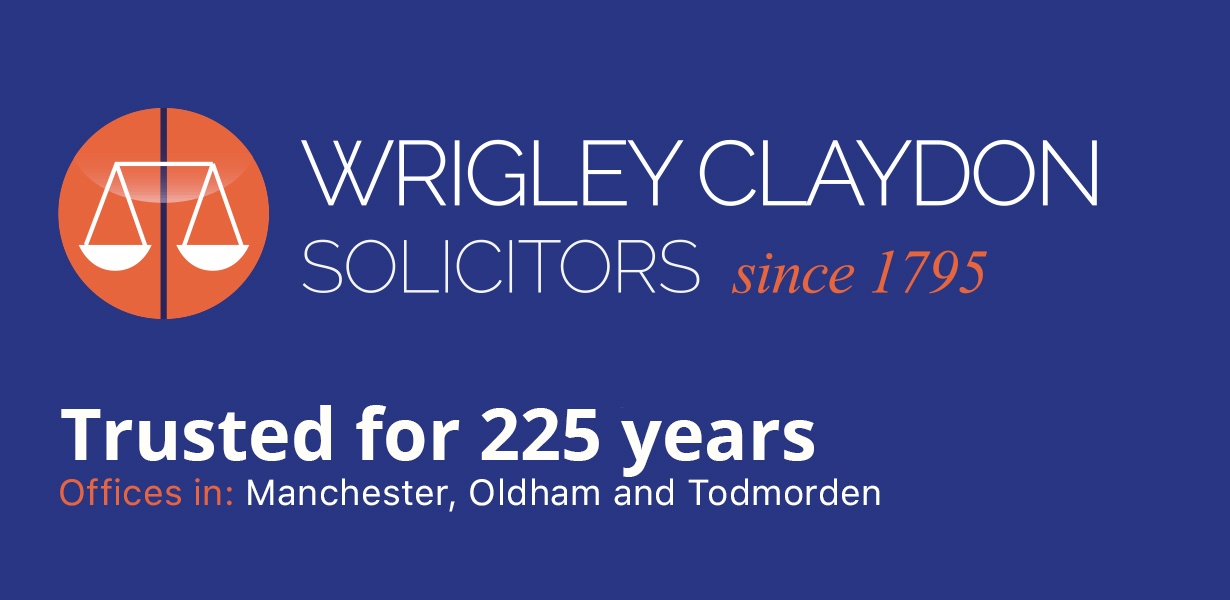Family disputes such as divorce, finances and child arrangements can be emotionally challenging as well as legally complex. If faced with such a situation, you should carefully consider your options for resolving disputes, with two main options available: mediation and litigation. Both approaches have their advantages and disadvantages, and understanding the differences is crucial for making informed decisions that align with your goals.
Mediation:
In mediation, an independent third-party known as a ‘mediator’, facilitates communication and negotiation between the parties. This helps them reach a mutually acceptable agreement on issues such as property division, child arrangements, and financial settlement, allowing for a more collaborative approach compared to the court-room arena.
Unlike litigation, mediation allows parties to maintain in control over the outcome of their dispute and work together to find solutions that meet their individual needs. One of the key benefits of mediation is its focus on preserving relationships and promoting amicable resolution.
Additionally, mediation tends to be more cost-effective and time-efficient than litigation, as it often leads to quicker resolutions compared to litigation, which can take months to years due to court availability.
Be aware, however, that mediators cannot provide legal advice only solicitors can do so. In most cases mediation works best if each party receives independent legal advice in the background.
Litigation:
In contrast to mediation, litigation involves resolving disputes through the formal legal process, with decisions ultimately made by a judge.
While litigation may be necessary in cases involving significant conflict, abuse, or complex legal issues, it is generally considered a more contentious approach to resolving disputes.
Litigation proceedings can be protracted, expensive, and emotionally draining, with outcomes often dictated by a judge rather than the parties’ preferences.
Despite its drawbacks, litigation may be appropriate or even unavoidable in certain circumstance Additionally, litigation provides a structured and binding framework for resolving disputes, offering a level of legal certainty and enforceability that you may not get with mediation.
Choosing the Right Path Forward
When deciding between mediation and litigation, the most suitable option will depend on the unique circumstances of the individuals involved. As a first step, getting early legal advice is essential to get the best out of the mediation process.
Should you require any assistance navigating a family dispute please email za@wrigleyclaydon.com or call us on 0161 624 6881 (option 5).
Zahra Ali
Latest posts by Zahra Ali (see all)
- What is a Form E? - 18th April 2024
- [Free Download] Why you should consider creating a living together agreement if you’re purchasing a property together - 19th March 2024
- Mediation vs. Litigation in Family Law - 3rd March 2024
- Is it not a 50/50 split? - 3rd January 2024
- What documents should I gather before seeing my solicitor when seeking a financial settlement? - 3rd January 2024








